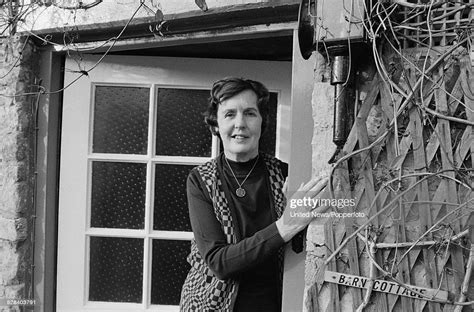A Quote by Paul Auster
The things we remember are often things that have great emotional importance, and so they have a lasting effect.
Related Quotes
I don't make movies about issues. This is my same litmus test for all the movies I love: Is it a great character on a great emotional quest with a great emotional need? Do they overcome great emotional obstacles? Is it a fantastic story? I didn't set out to be a political activist. I'm just a human being who's moved by certain things, and if certain things break my heart, I set out to fix them.
When you're dying and your life is flashing before your eyes, you're gonna be thinking about the great things that you did, the horrible things that you did and the emotional impact that someone had on you and that you had on somebody else. Those are the things that are relevant. To have some sort of emotional impact that transcends your time, that's great. As long as you don't mess it up by being undignified when you're old.
Often you find actors have big hearts; they're quite emotional people. Talking to actors who date other actors, and talking to people who deal with other actors, they often get emotionally caught up in lots of different things. They often wear their hearts on their sleeves. They feel things quite a lot - often to the nth degree, which I can imagine could make it quite difficult to date some of us. I think it's about having an emotional availability that you can kind of draw on. But I'm also searching for that. I'll be searching for the answer to that question for the rest of my life.
In the light of consciousness all sorts of things happen and one need not give special importance to any. The sight of a flower is as marvelous as the vision of God. Let them be. Why remember them and then make memory into a problem? Be bland about them; do not divide them into high and low, inner and outer, lasting and transient. Go beyond, go back to the source, go to the self that is the same whatever happens.
You don’t have to know a lot of things for your life to make a lasting difference in the world. But you do have to know the few great things that matter, perhaps just one, and then be willing to live for them and die for them. The people that make a durable difference in the world are not the people who have mastered many things, but who have been mastered by one great thing.
We can never make ourselves better by trying... praying more or longer, studying more of the Word, performing good works, etc. Don't get me wrong... it's not bad to do any of these things. In fact, it's good. It's just that doing them in God's power is the only way those things will have any real and lasting effect in our lives.
































